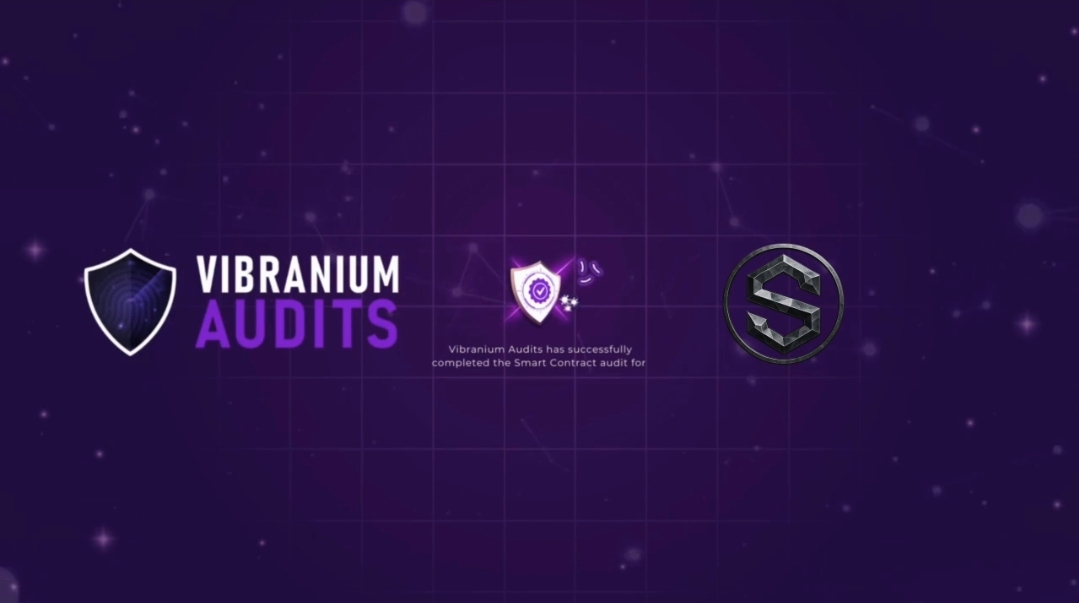Introduction
Smart contracts, the self-executing codes central to the Web3 ecosystem, are the backbone of decentralized applications (dApps). These contracts manage billions of dollars on open networks, making their security and functionality critical. In this article, part of our series on auditing Solidity smart contracts, we’ll explore the benefits of auditing and how it ensures secure and efficient blockchain applications.
A Brief Overview of Solidity and Smart Contracts
Smart contracts are automated agreements on blockchain networks that execute transactions based on predefined conditions, removing the need for intermediaries. For instance, a digital artist can use a smart contract to sell NFTs, ensuring royalties are automatically paid.
Solidity, a programming language introduced in 2014, is the primary tool for building smart contracts on the Ethereum blockchain. Designed with similarities to C and JavaScript, it supports state variables, data types, and functions, making it powerful yet accessible for blockchain developers. Solidity enables the creation of secure, innovative, and decentralized applications in Web3.
Key Steps in Auditing Smart Contracts
Auditing smart contracts is a meticulous process that ensures their functionality and security. Below are the critical steps:
1. Understand the Contract
- Identify the contract’s goals. For example, is it designed for DeFi, NFT marketplaces, or specific dApp utilities?
- Analyze the essential functions and logic of the contract to understand its complexity and identify areas that may require scrutiny.
- Review documentation, whitepapers, and other project materials to grasp the contract’s design, scope, and implementation.
2. Conduct a Code Review
- Review the code line by line to detect vulnerabilities, bugs, or logical flaws.
- Beyond automated tools, human auditors uncover architectural issues, inefficiencies, and potential risks.
- Look for opportunities to improve gas efficiency and secure coding practices.
Why Auditing Smart Contracts is Crucial
Audits detect and address security weaknesses, preventing financial losses, unauthorized access, or breaches. They also confirm that the smart contract operates as intended and meets project requirements. This way, they ensure data consistency and performance. Another importance of audits is that they uncover logic errors and potential exploits early in development. By doing this, they reduce the risk of expensive fixes post-deployment. Additionally, for some projects, audits ensure that contracts adhere to legal and industry standards. Running regular audits for smart contracts enhance user confidence. They give users the feel that their data and asset are safe and not prone to attacks of any kind.
The Role of Auditors in Security and Optimization
Auditors not only identify vulnerabilities but also highlight opportunities for efficiency and performance improvements. They ensure the code adheres to industry standards and identify potential risks, including gas optimization and cross-chain vulnerabilities.
Conclusion
Auditing Solidity smart contracts is a fundamental step in ensuring security, reliability, and functionality in decentralized applications. Through detailed code reviews, vulnerability detection, and compliance checks, audits minimize risks while building user trust. Additionally, employing bug bounties and collaborative reviews increases the chances of detecting critical issues early. For developers and projects, investing in thorough audits is an essential safeguard for the success of Web3 applications.
FAQs
1. What is a smart contract?
A smart contract is a self-executing code stored on a blockchain that facilitates transactions or agreements based on predefined conditions, eliminating the need for intermediaries.
2. Why is auditing smart contracts necessary?
Auditing ensures that smart contracts are secure, functional, and free from vulnerabilities, reducing the risk of exploits, financial loss, or breaches.
3. What is Solidity, and why is it important in blockchain development?
Solidity is a programming language for building smart contracts on the Ethereum blockchain. It enables developers to create secure and innovative decentralized applications (dApps).
4. What are the key steps in a smart contract audit?
The main steps include understanding the contract’s purpose and architecture, conducting a detailed code review, identifying vulnerabilities, and optimizing performance.










